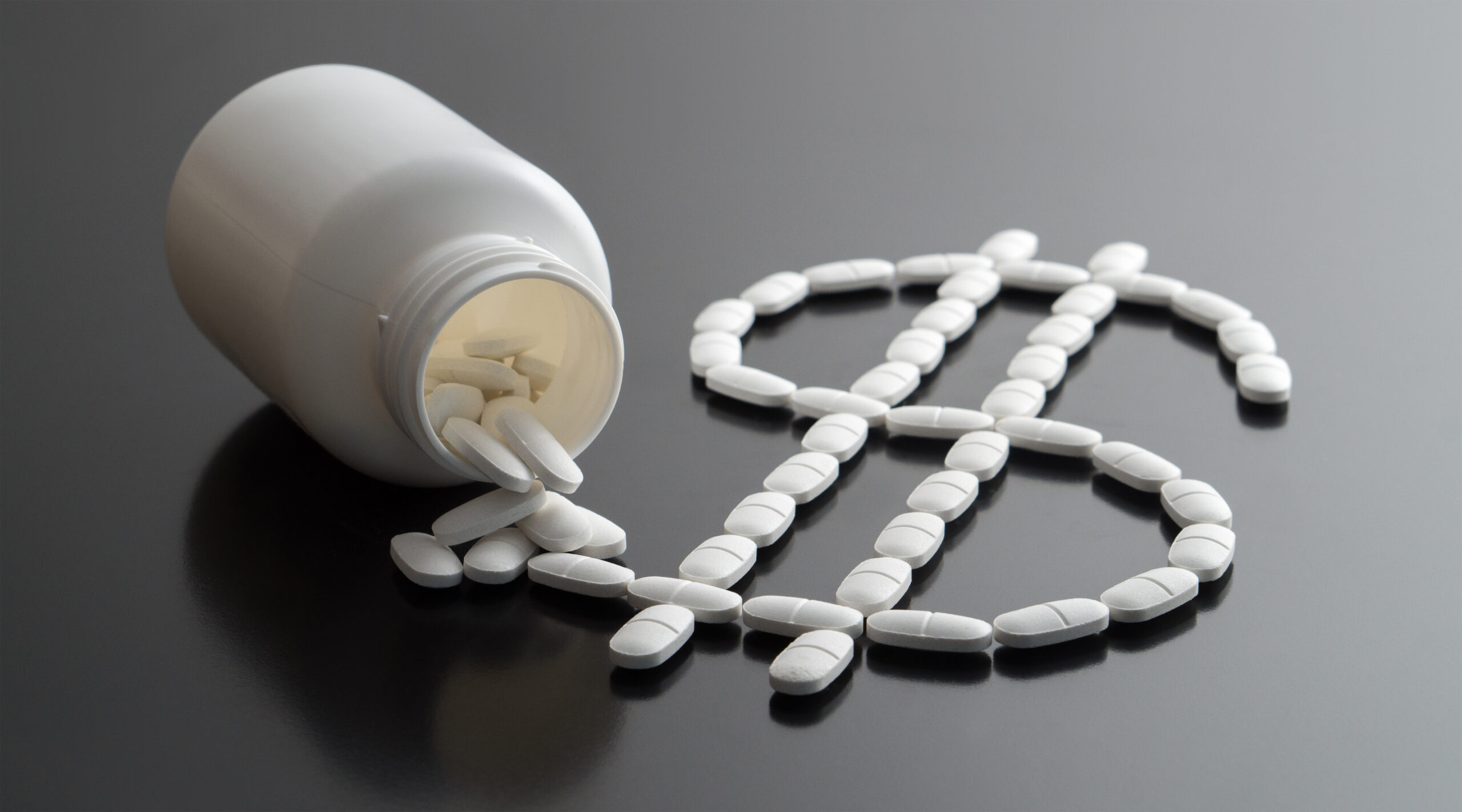The pharmaceutical industry launched a barrage of lawsuits to prevent the federal government from negotiating the price of prescription drugs for Medicare patients. Four companies, Astellas, Bristol Myers Squibb, Johnson & Johnson, and Merck, and two lobbying groups have filed lawsuits. “We are going to take this to the fullest,” Merck & Co. CEO Robert Davis said on a recent investor call, “ultimately to the Supreme Court.”
The litigation stems from a provision in the Inflation Reduction Act (IRA) that allows the government to negotiate the price Medicare will pay for a small number of prescription drugs. Over 800 companies sell nearly 3,500 drugs to Medicare Part D (the prescription drug supplement program) each year. In 2021, the program’s total gross spending reached nearly $216 billion, an increase of 30 percent from just three years before. The IRA would allow the government to start negotiating the price of 10 drugs, doubling and expanding across Medicare by 2029.
Gross spending does not account for any discounts the manufacturers give to pharmacy benefit managers (which, because of lobbying, the government is not allowed to disclose). However, it provides a fair scope of the money at play.
Eliquis, a popular blood thinning drug shared between Bristol Myers Squibb and Pfizer, billed the government for $12.5 billion. Xarelto, a blood thinner owned by Johnson and Johnson, combined with Merck’s blockbuster diabetes drug to cost the government around $9 billion. In total, the ten best-selling prescription drugs account for 22 percent of total gross sales. Astellas, the lone plaintiff without a top drug, isn’t doing too badly. It had $4.5 billion in gross sales to Medicare Part D.
Except for America, nearly all developed countries have some price negotiations between the government and the pharmaceutical industry. The lack of negotiation may be a key reason why the US spends nearly double what the rest of the world does on top prescription drugs. The four plaintiffs follow this trend. Each company generates most of its revenue from America. Research suggests that the United States accounts for over two-thirds of the industry’s profits.
With these lawsuits, the pharmaceutical industry is launching a full-on assault to ensure it stays that way.
The crux of the companies’ argument is that the negotiations are “tantamount to extortion.” That’s a claim not even the industry’s supporters believe – mostly because the regulation doesn’t force the companies to sell to the government at a lower price. The entire regime is voluntary.
Erik Gordon, a University of Michigan Business School Professor, was more colorful, telling STAT there are “better odds that Elizabeth Holmes wins Medtech Innovator of the Year than that Merck wins its lawsuit.”
Of course, this doesn’t mean that the lawsuit will quietly go away. The industry has some of the deepest pockets in the world. Astellas, Bristol Myers Squibb, Johnson & Johnson, and Merck combined to generate $41 billion in profit last year. Legal experts believe the industry is pushing a coordinated strategy; with the goal of generating conflicting lower court decisions – appealing upwards until a partisan, corporate-friendly Supreme Court determines the outcome of the case.
All of this is happening in the wake of what could be a transformative policy. The Congressional Budget Office estimates that negotiations will save Medicare $237 billion over 10 years.
That’s great news for patients and society but bad news for pharmaceutical companies – which is why the fight is just getting started.



